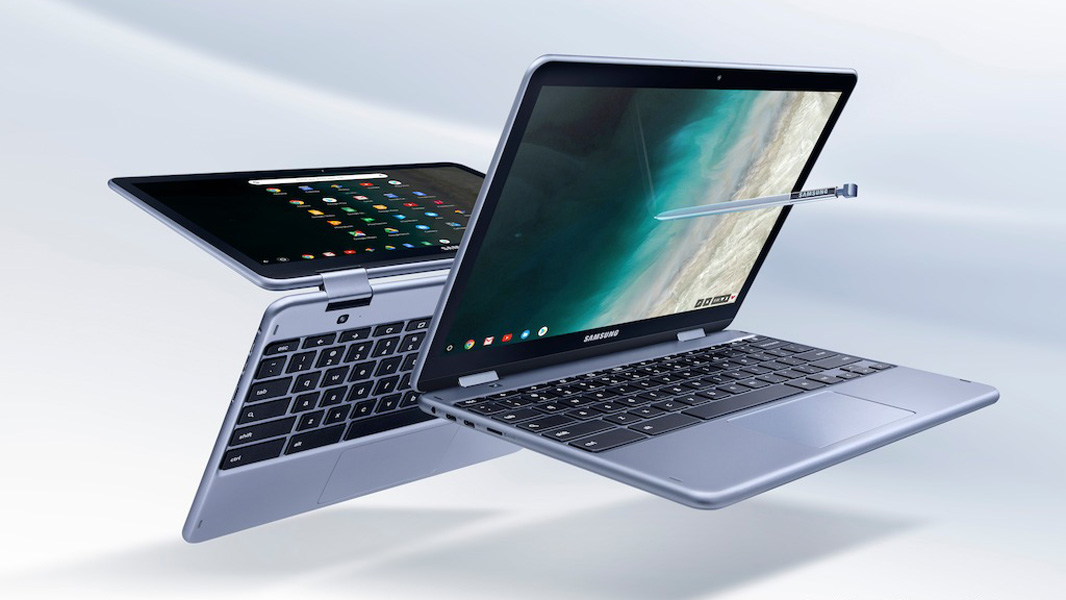Google is Separating Chrome from Chrome OS
- Paul Thurrott
- Sep 13, 2020
-
21

It sounds nonsensical, but this move parallels what Google did previously with Project Treble in Android: It separated out many OS components and made them into Play Store apps that can be updated on arbitrary schedules, improving security and reliability for all Android users while extending the effective lifetimes of their devices.
And now Google is turning to Chrome OS to perform a similar redefinition of what’s app and what’s system. And in this case, the change could have the further benefit of improving Google’s Chromebook lifetime support policy, which currently dictates some number of years of support from the time a device is manufactured, not from when it’s purchased. After that date expires, the Chromebook won’t get security updates.
Windows Intelligence In Your Inbox
Sign up for our new free newsletter to get three time-saving tips each Friday — and get free copies of Paul Thurrott's Windows 11 and Windows 10 Field Guides (normally $9.99) as a special welcome gift!
"*" indicates required fields
We’ll see if that bit is improved. But here’s the first step, according to Android Police: A project called Lacros by which Google seeks to separate the Chrome web browser from the Chrome OS system. Should this effort be successful, it will be somewhat like running Chrome on top of the world’s lightest Linux distribution from a technical perspective. But with Android app support.
At the very least, separating Chrome from Chrome OS should allow Google to continue releasing Chrome browser updates on what is an otherwise unsupported Chromebook. And since that’s where the security updates are coming from anyway, it would be safe, or at least safer, to continue using the Chromebook after its support expiration.
By the way, Project Treble is only one of a few ways in which Android’s supposed fragmentation issues are a red herring: Because Google updates so much of Android through the Play Store now, it doesn’t matter what device makers or wireless carriers do or don’t do with regards to delivering OS or security updates. Doing similarly for Chrome OS is smart.